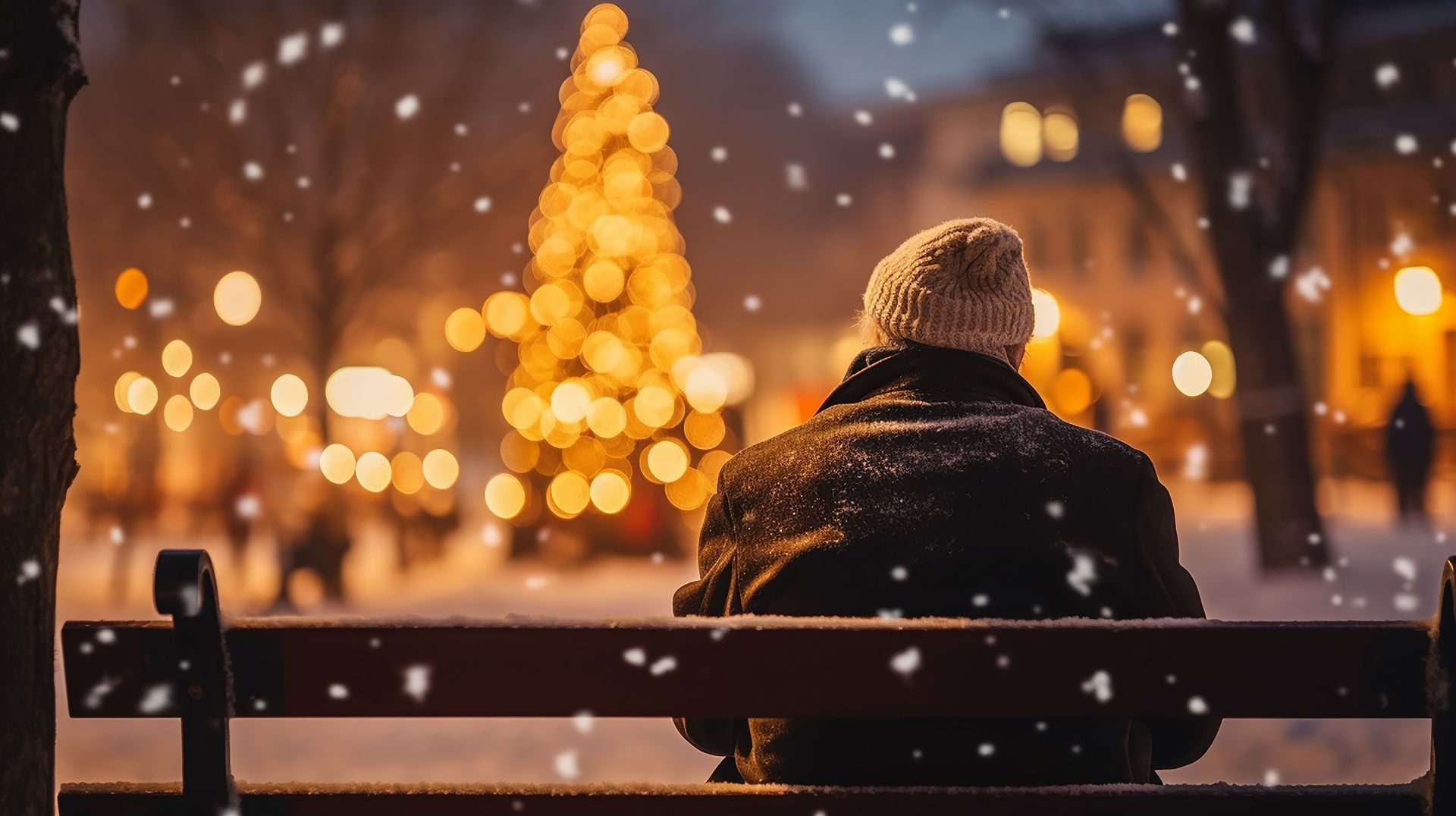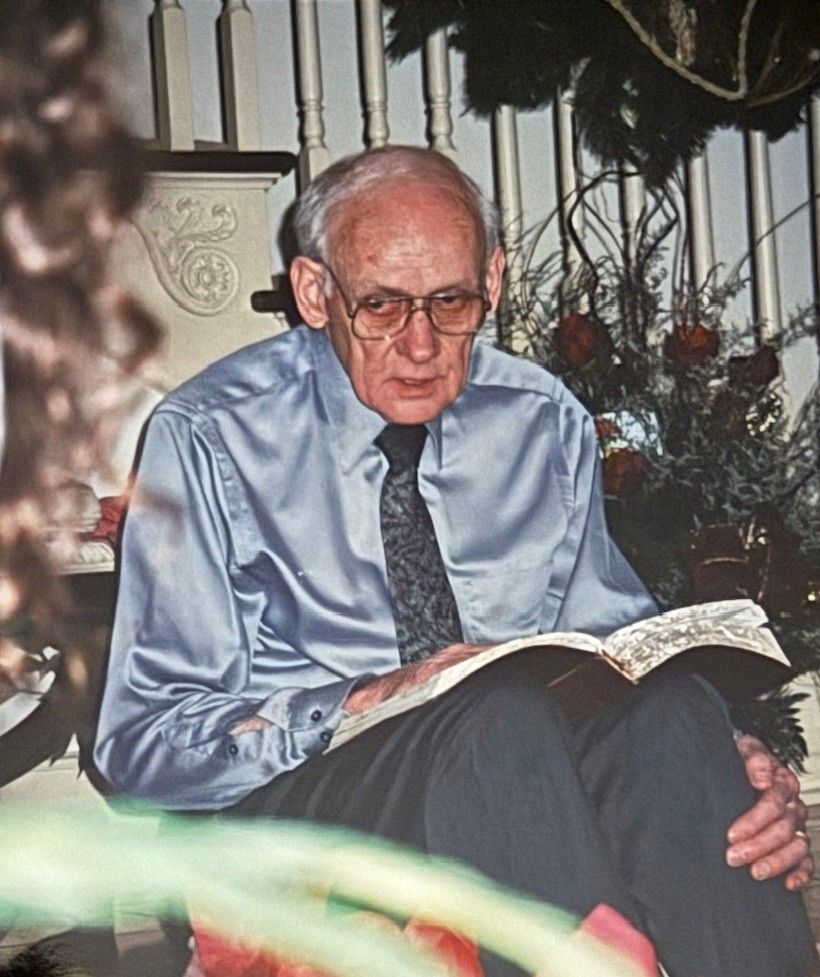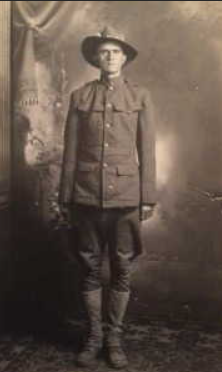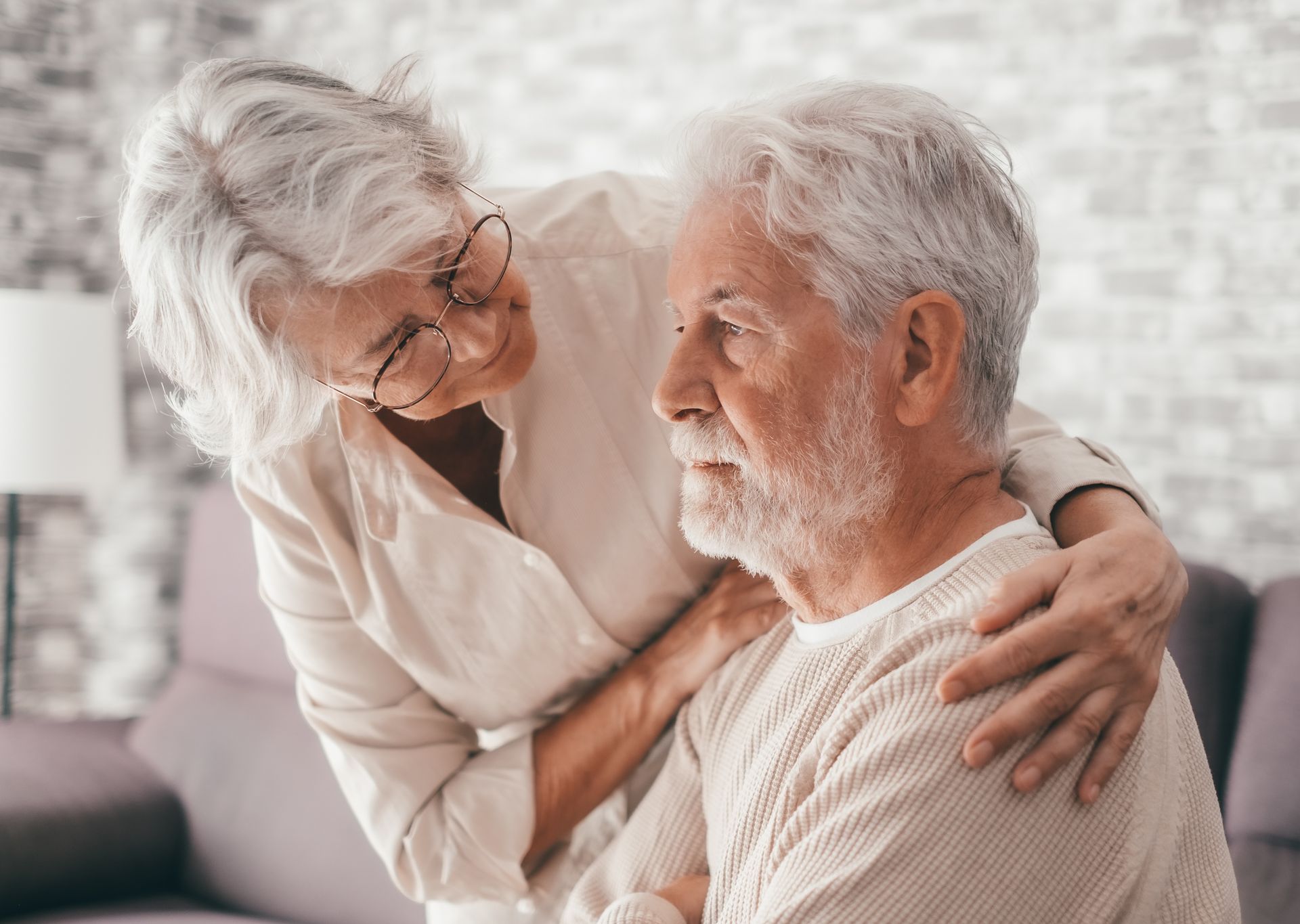What if…
A little over one year ago, August 29, 2013 to be precise, I got the phone call that no parent ever wants to receive. The unnaturally calm voice on the other end of the line informed me there had been an accident. What kind of accident, I wanted to know. And from there came the details that stopped my heart while sending my head into overdrive. My son and grandsons were on their way to school and now to the emergency room with no idea of their condition. My heart prayed for their survival—my head prepared me for their deaths.
We had a happy ending to a terrible beginning. Everyone lived. Everyone was all right and all that was required were fourteen stitches and time. Once we realized everyone had managed to escape serious injury, a friend of mine asked how I would handle the what ifs. You know, those evil, nasty things that steal your joy and relief when you pillow your head and attempt to sleep, those things that hide in the dark and sneak up on you when all is truly well. I knew they would come and come they did . . . with a vengeance. What if Anderson’s car seat hadn’t been securely in place, protecting him from the devastation? What if Wilson in his booster seat had been on the side of the SUV that now no longer existed except as a crumpled, shredded mass of metal? What if Joseph hadn’t been wearing his seat belt when the vehicle rolled twice? And every “what if” was met with the same answer . . . someone would have died or, in the very best of circumstances, been seriously injured.
I hate what ifs. I despise what they do to me, especially at times like that. As thankful as I was and as much as my own eyes told me that all was well, there was a part of me that refused to accept that without reviewing all the other, alternate endings . . . and none of those endings was ever happy.
The flip side of a what if is an if only—if only I had noticed things weren’t right. If only I stopped and said something or asked if I could help. If only I had listened more closely. If only I hadn’t done whatever it was that I think brought about some tragedy. Where a what if haunts you with things that could have happened but fortunately did not, an if only empowers you beyond reasonability. I, personally, could have prevented whatever tragedy occurred. I had it within my power to change a tragic outcome and failed to do so.
We must all realize and accept our humanity. We are not superhuman, all-seeing, all-powerful, all-knowing individuals. We cannot prevent tragedy, but at the same time we cannot use that as an excuse for not becoming involved in the lives of those around us. By the same token, we cannot let the what ifs of life steal our energy, our joy in living. What ifs are good for one thing and one thing only—to remind us of what is important. When life becomes too hectic and I lose my focus on those things which are important, I force myself to think back to that day and that phone call and all that followed, and I am grateful—grateful for happy endings, knowing that others have not been as blessed as we were. Grateful for more time and more opportunities—more hugs and more “I love yous”. The lesson of a what if should be that we must always remember there are no guarantees in this life. What ifs can become if onlys at any moment; they can steal from us the last chance we have to tell someone how much they mean to us and leave us regretting the last words we ever spoke.
The post What if… appeared first on Shackelford Funeral Directors | Blog.












